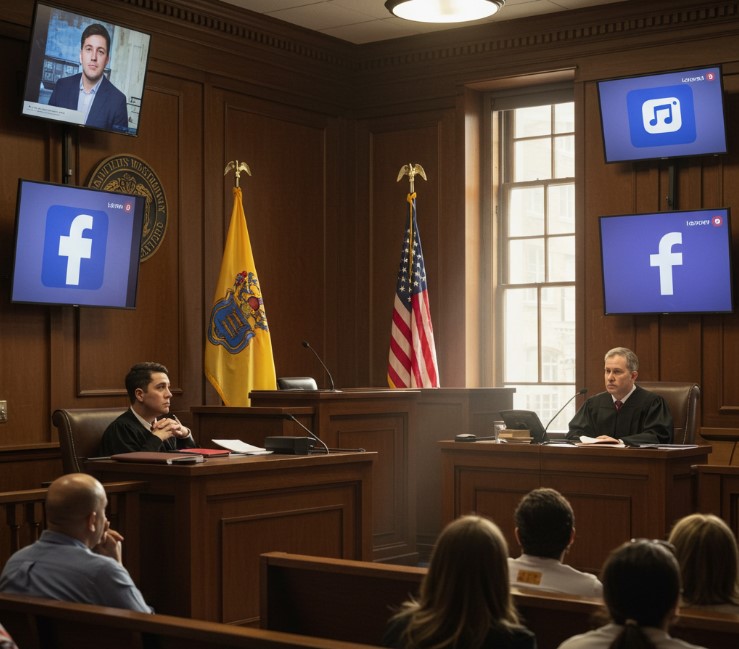NEW JERSEY PAY & BENEFITS TRANSPARENCY LAW: SPRING 2025
Authored by Elizabeth M. Trottier, Esq.
Although there are currently no federal laws for pay transparency in the private sector, as part of a growing movement among many other states, New Jersey recently enacted a law which requires private sector employers to disclose the pay range for a position to an applicant. The movement toward pay transparency is to promote fairness, reduce pay disparities, attract and retain talent, foster open communication and build trust.
On June 1, 2025, the New Jersey Pay and Benefits Transparency law N.J.S.A. 34:6B-23 (the “Pay Transparency Law”), took effect. Under the Pay Transparency law, covered employers must disclose salary or wage ranges and benefits or other eligible compensation programs in job postings and transfer opportunities. The law also requires employers to make reasonable efforts to notify existing employees of promotional opportunities within their department. Employers covered by the law include those with 10 or more employees over 20 calendar weeks, those who takes applications for employment within this State, and public sector employers. N.J.S.A. 34:6B-23(e). The law excludes job postings posted for the purpose of identifying qualified applicants for potential future job openings by temporary help service firms and consulting firms registered with the Division of Consumer Affairs in the Department of Law and Safety. N.J.S.A. 34:6B-23(d).
With regard to promotional opportunities, employer must make “reasonable efforts” to post or otherwise make known such promotional opportunities to all current employees in the affected department prior to making a promotion decision. Notification requirements are triggered when an employer advertises a promotional opportunity internally or externally. Notification requirements would not apply if a current employee is awarded a promotion based on years of experience or performance, or if promotion was on an emergent basis due to an unforeseen event. N.J.S.A. 34:6B-23(a).
Violations of the Act come with civil penalties imposed by the Department of Labor. For the first violation, the civil penalty is not to exceed $300, and for each subsequent violation, $600. Although there is no private right of action under the law, employees who object to their employer violating this law, and are retaliated against for doing so, may be able to pursue a claim as a whistleblower under the New Jersey Conscientious Employee Protection Act (“CEPA”). CEPA protects an employee from retaliation if he “[d]iscloses or threatens to disclose” to a supervisor or a public body an employer’s “activity, policy or practice” that the employee “reasonably believes” “is in violation of a law, or a rule or regulation promulgated pursuant to the law…” N.J.S.A. 34:19-3. Remedies under CEPA can potentially include economic damages, non-economic damages, attorneys’ fees, and sometimes punitive damages.
All covered employers should review job postings to ensure they are in conformity with this law, and may consider contacting legal counsel for assistance with legal compliance questions.
If you are a company or a professional tasked with compliance of this law, and you seek assistance with any of the aforementioned, please contact the Employment Law Group of the law firm of Davison Eastman Munoz Paone, P.A. at 732.462.7170 or [email protected].
THIS IS FOR INFORMATIONAL PURPOSES ONLY AND DOES NOT CREATE AN ATTORNEY-CLIENT RELATIONSHIP. THIS DOES NOT CONSTITUTE LEGAL ADVICE.












